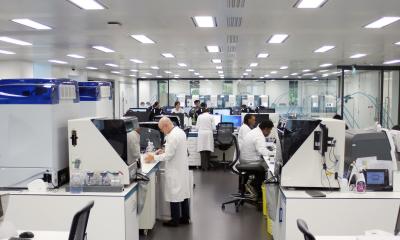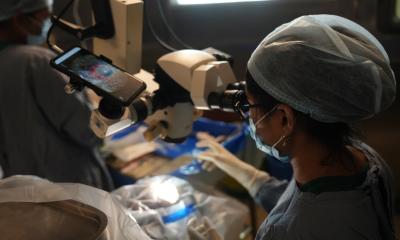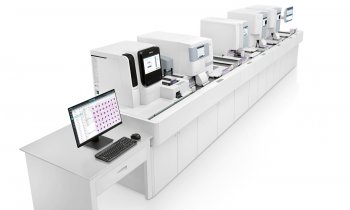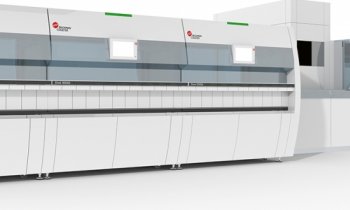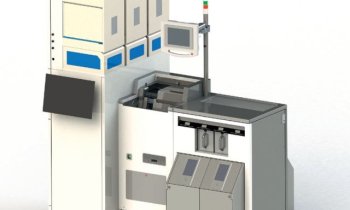Management: a new paradigm for clinical laboratory scientists
By Dr Bernard Gouget, Advisory Board member of the SFBC-FESCC (Société Française de Biologie Clinique - Forum of the European Societies of Clinical Chemistry and Laboratory Medicine)

Clinical chemistry raises a strategic health issue. Clinical laboratory scientists must adapt to technological challenges by keeping pace with changing analytical methods, as well as to economic challenges through innovative management and networking, to be able to incorporate within their practice all the emerging disciplines of laboratory medicine, whilst committing themselves to the priorities of quality and safety.
The environment in which medicine laboratory is practiced has undergone a paradigm shift in the midst of the medical, legislative, regulatory, technological, sociological and economic upheavals that have forever changed the practice of medicine. In addition to clinical laboratory sciences, laboratory managers need to possess broad knowledge of clinical medicine, the science basics of medicine together with administrative knowledge and experience. Their managerial responsibilities involve the directing of quality testing for patient care with concomitant high levels of expertise in finance and personnel management meeting the increasing need for new qualifications. They must play a leadership role in enhancing the image and increasing the visibility of laboratory medicine.
Laboratory managers are therefore faced with new responsibilities. Leadership and managerial skills are essential, mainly due to the areas covered by the advance in biological and medical science: the variety and volume of testing, exponential growth of sophisticated tests, new instrumentation, automated data processing and information management systems. Economics and governments are accelerating these changes in a predatory environment. Competition, mechanisms for consolidation alliances between laboratories and service agreements have won new frontiers for laboratories. Often regarded as a threat, these mechanisms are also seen as an opportunity by those who are willing to think creatively.
At the same time, public expectations have never been higher and, paradoxically, funding has never been under such pressure. The task facing laboratory managers is therefore an extensive one, encompassing technology, science, human resources and finance with the specificity that these include a patient care component.
The monograph Managing changes in the clinical laboratory, produced by the International federation of clinical chemistry and laboratory medicine (IFCC) Education and Management Division, aims at preparing the clinical laboratory scientist for the changes affecting laboratory management. It draws attention to opportunities for new missions, methods of practice, professions, coordinated structures and new responsibilities. It is a practical tool that makes an essential contribution towards the quality and future of laboratory medicine.
Links : www.ifcc.org
http://www.fescc.org/fescc/2ndStratPlan.htm
07.08.2006




